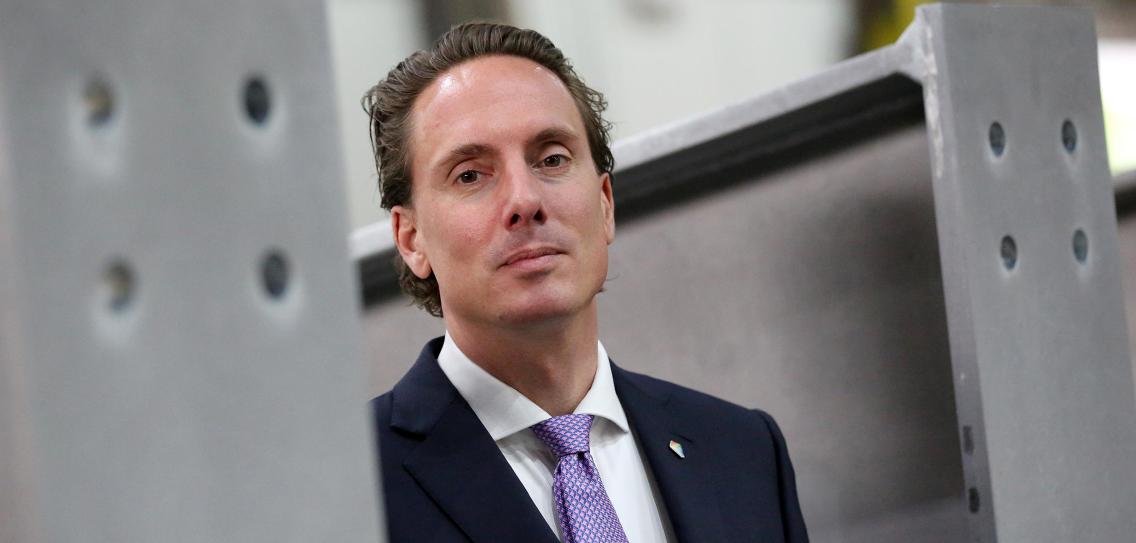The head of Germany’s oldest family firm, Coatinc, a metal finishing company over 500 years old, has placed the blame for Germany’s current economic crisis on the country’s left-wing government, with a special emphasis on its disastrous energy policy.
“War? Hyperinflation? What we experience now I see as much more problematic,” Paul Niederstein said in an interview with Die Welt.
Niederstein, whose company has been in the family since 1502, says that while 17 generations of his family firm had weathered a multitude of crises over the past 500 years, the current one, unlike many previous ones, is of the country’s own making. He said he primarily blames politics:
“This is a domestic crisis, starting with a completely wrong energy policy,” Niderstein told Die Welt.
“Above all, there is a lack of humility on the part of Berlin and European politicians. For me, this also means that politicians are outdoing each other in their political correctness without once looking at the situation objectively and with complete transparency,” he said.
“There is a lack of sobriety and objectivity in looking at what is really needed now. The danger is that if nothing changes, the framework conditions for doing business in Germany will get even worse. And the framework conditions are bad because of politics, not because of the global economy. Our company has sites in America and Turkey. The situation (in those countries) is completely different.”
Germany entered recession this year, and many economists say that the worse may yet be ahead. The country long relied on cheap natural gas from Russia to support its manufacturing sector and keep inflation down. The opposition party Alternative for Germany (AfD), which has been soaring in the polls, says that the government must abandon energy sanctions on Russia, a position increasingly supported by members of Germany’s business community.
The CEO of Coatinc said that “in the face of global competition, Germany must not lose sight of its market environment. We need clear goals, and we need to know where the country is heading. At the moment, for example, we are not competitive in terms of energy prices, which is why key industries are currently shifting a lot of production abroad, and we will end up falling behind again.”
Niederstein concluded: “What we really need is a new Marshall Plan.”
Asked about the growing popularity of the AfD, Niederstein said the party’s advantage is that it refuses to be shackled by political correctness.
“You ask yourself, why is this really the case? I would never vote for this party, but I just think people are shocked, repulsed and angered by the lack of pragmatism in politics. Political correctness and mainstream views don’t always help the middle class.”






